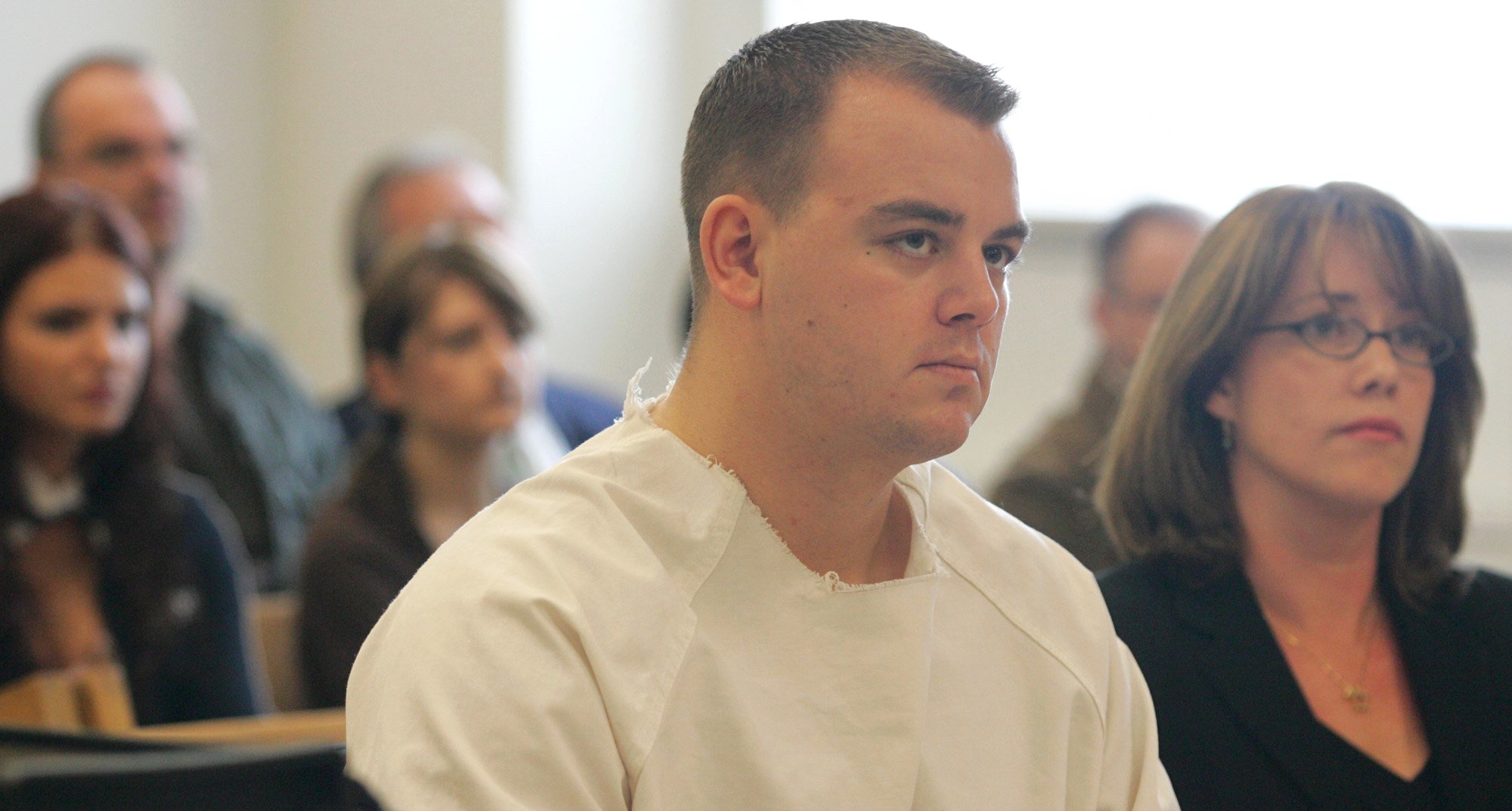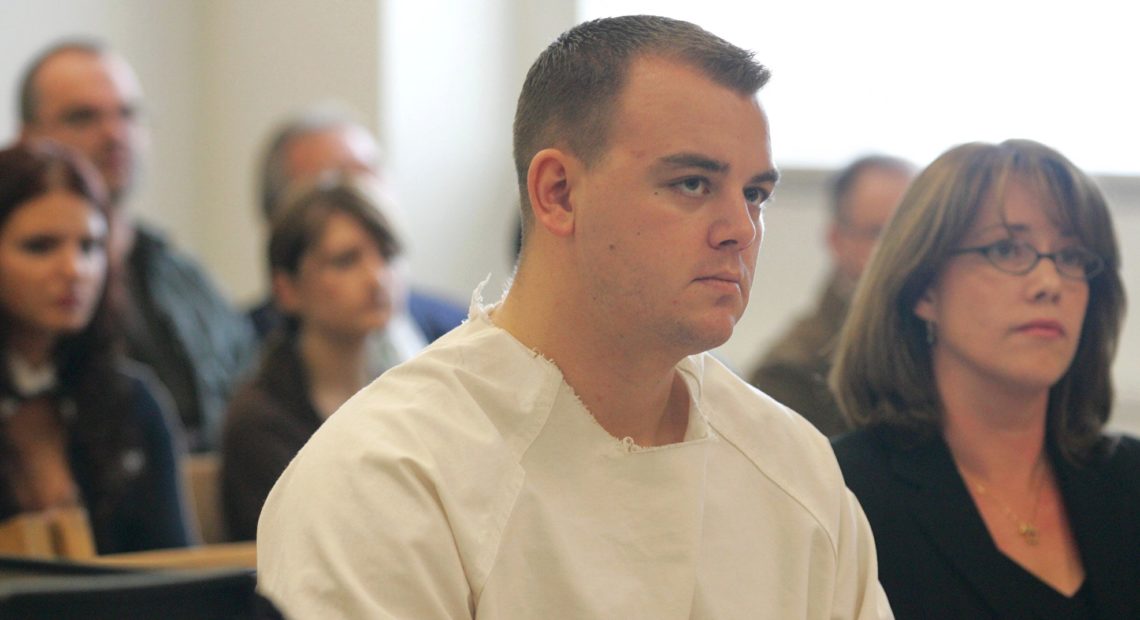
Washington Supreme Court Upholds Conviction And Death Sentence For Quadruple Murderer
Listen
BY MARTHA BELLISE/AP & SIMONE ALICEA/KNKX
The Washington state Supreme Court on Thursday upheld the conviction and death sentence of a Kirkland man who killed two women and two children in 2006 and then tried to cover up the murders by setting the house on fire.
In a divided 254-page opinion, the justices affirmed the conviction of Conner Schierman. The justices upheld his death sentence in a 6-3 vote.
Schierman was sentenced to death in 2010 after being convicted of murdering Olga Milkin, her 5-year-old son Justin, 3-year-old son Andrew and her sister, Lyubov Botvina. Olga Milkin’s husband, Leonid Milkin, was serving with the National Guard in Iraq at the time of the slayings.
Schierman raised multiple challenges to his conviction, claiming his constitutional rights were violated during the jury selection process. He also claimed evidence was withheld during the penalty phase, but the justices ultimately rejected those points.
King County Prosecutor Dan Satterberg says the ruling was the first hurdle in what will likely be years of appeals in both state and federal court.
“It’s important to remember that Leonid Milkin is a man who lost everything while he was serving the country in the military,” Satterberg said. “He is supportive of the death penalty in this matter and we continue to pursue it, as it continues to be the law of the state.”
On July 17, 2006, officials responded to a fire at the Milkin home. Once the fire was out, they discovered the bodies of the women and children, who had been stabbed to death.
An investigation traced an accelerant and other evidence to Schierman, who claimed he was in the home at the time, but had suffered an alcohol blackout. He said found the bodies when he woke up. He said he showered, changed his clothes and decided to burn down the house.
Schierman claimed his rights were violated while the jury was being selected because he wasn’t present during some discussions about releasing some of the panel.
Justice Sheryl McCloud, who wrote the lead opinion, agreed that violations occurred, but said any error was harmless, so his conviction should stand.
However, McCloud said two rulings during the penalty phase of Schierman’s trial require his death sentence to be reversed.
“I conclude that imposition of the death penalty on Schierman violates our state statutory guarantee against disproportionate capital sentencing,” McCloud wrote. “For the reasons given in this opinion, I would reverse Schierman’s death sentences and remand for imposition of the only statutorily permissible penalty: four consecutive sentences of life in prison without the possibility of parole.”
Chief Justice Mary Fairhurst and Justice Barbara Madsen agreed with McCloud’s opinion. Madsen wrote a separate opinion saying the death sentence was “disproportionate” compared to similar cases. She said state law requires the high court to review the sentence.
“Based on the information that is now available and considering the statutory review required by the legislature, I find the sentence of death in this case disproportionate to the penalties imposed in similar cases,” she said. “I would affirm the conviction in this case but reverse the sentence of death.”
Justices Mary Yu, Steven Gonzalez and Charles Wiggins agreed that the conviction and sentence should be affirmed, but disagreed that the sentence was “disproportionate.”
Much of the debate in the lengthy dissents and concurrences centered on whether the high court had been correct in the past to conclude that minor mistakes made during the trial should not automatically result in the reversal of a convection and/or sentence.
“A majority of this court agrees that justice demands we affirm Schierman’s convictions, but a differently comprised majority of this court unanimously agrees that our precedent precludes us from doing so,” Yu wrote. “In this direct conflict between justice and precedent, justice must prevail.”
Copyright 2018 AP/KNKX
Related Stories:
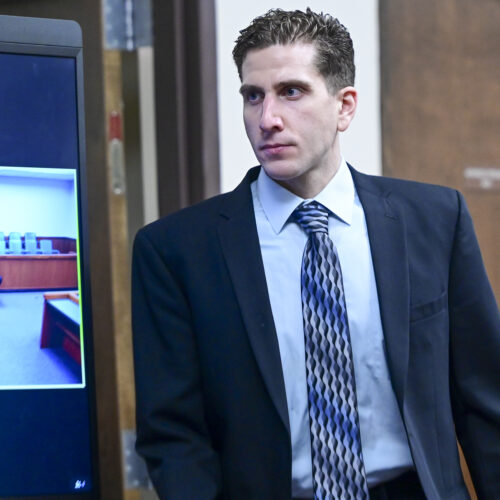
State of Idaho to pursue death penalty against Kohberger
Bryan Kohberger enters the courtroom for a motion hearing regarding a gag order, Friday, June 9, 2023, in Moscow, Idaho. Kohberger is accused of killing four University of Idaho students
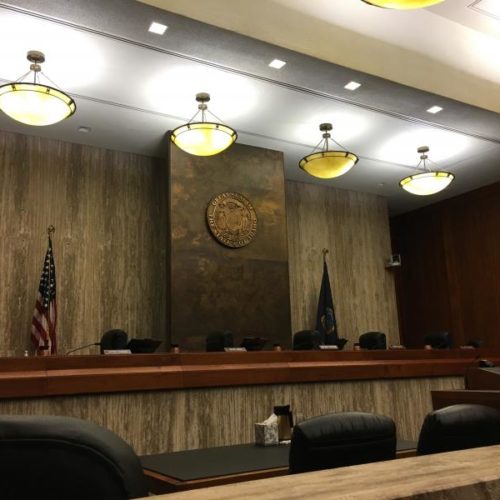
Where Did Idaho Get Its Execution Drugs? A State Supreme Court Case May Reveal Hidden Records
The Idaho Supreme Court is expected to decide next year whether prison officials must reveal the past source of their execution drugs. A University of Idaho professor’s public records request is at the center of the case.
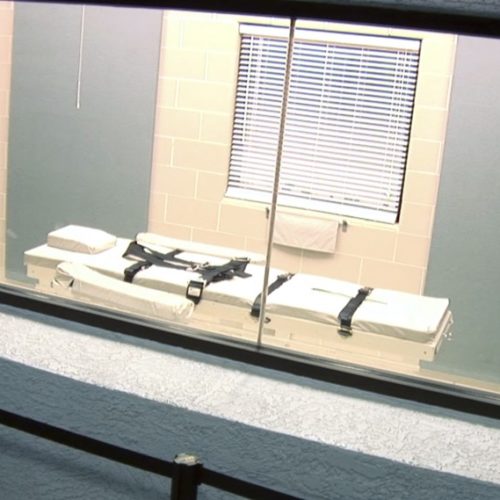
Americans Are Divided On Federal Executions. Why Is The Trump Administration Reviving Them?
The first federal inmate scheduled to be executed under the newly re-opened policy is Danny Lewis Lee, a white supremacist from the Spokane, Wash., area convicted of three murders in Arkansas and bombing Spokane City Hall in 1996.

